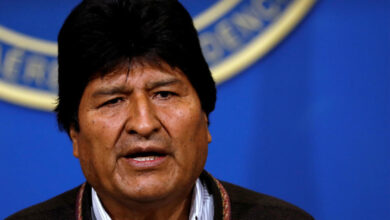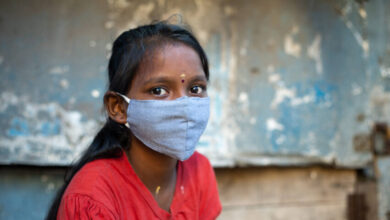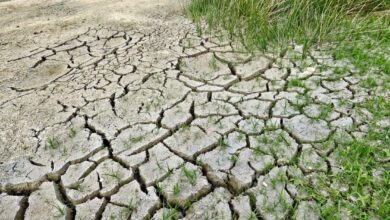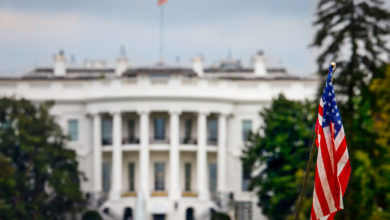World
Nile Dam: Sudan Ministry Submits GERD Draft Agreement To African Union
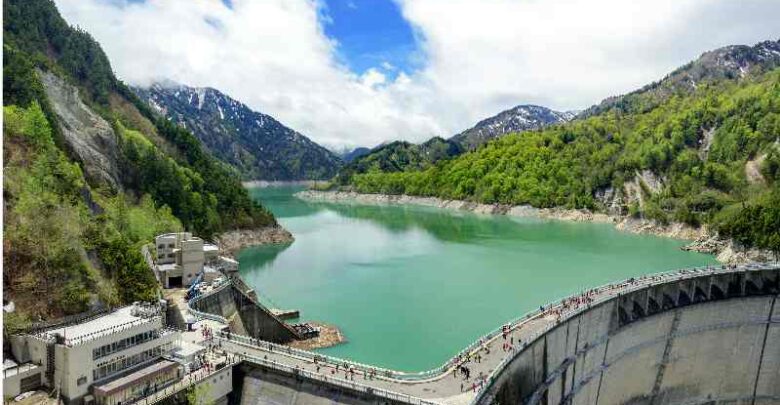
Sudan’s Ministry of Irrigation and Water Resources on Tuesday said it has submitted a balanced and fair draft agreement on the Nile dam to the African Union, reported Anadolu Agency.
“Sudan delivered its final report on the course of the Hidase Dam negotiations to the African Union’s current president, South Africa,” the ministry statement said, referring to the Grand Ethiopian Renaissance Dam (GERD) on the Blue Nile.
The statement said the report also includes evaluations that provide limited progress on controversial issues and offer solutions to pending issues.
The latest negotiation talks between Egypt, Ethiopia, and Sudan over the operation of the Nile dam ended without any result. Tripartite negotiation talks were held between July 3 and July 13 at the initiative of the African Union on the filling and operation of the Grand Ethiopian Renaissance Dam (GERD), which Ethiopia has built on the Nile River. The Nile dam has resulted in a political deadlock between the three countries.
“All of the efforts exerted to reach a solution didn’t come to any kind of result,” Egyptian Foreign Minister Sameh Shoukry told DMC TV channel on Monday.
Yasir Abbas, Sudanese Irrigation and Water Resources Minister, said there are still disagreements regarding the amount of water to be left to the Roseires Dam in Sudan, the operation of the GERD, and on how it will be filled during drought periods.
Ethiopia began construction of the GERD in 2011 on the Blue Nile, a tributary of the Nile River, near the border with Sudan.
The hydroelectric dam, which has a reservoir capacity of 74 billion cubic meters, is expected to produce 6,475 megawatts for Ethiopia’s domestic and industrial use as well as for export to neighboring countries.
Construction of the 147-meter (482-foot) high, 1.8-kilometer (1.1-mile) long project is expected to be completed by 2023. Once operational, the Nile dam will be the largest hydroelectric power plant on the African continent.


